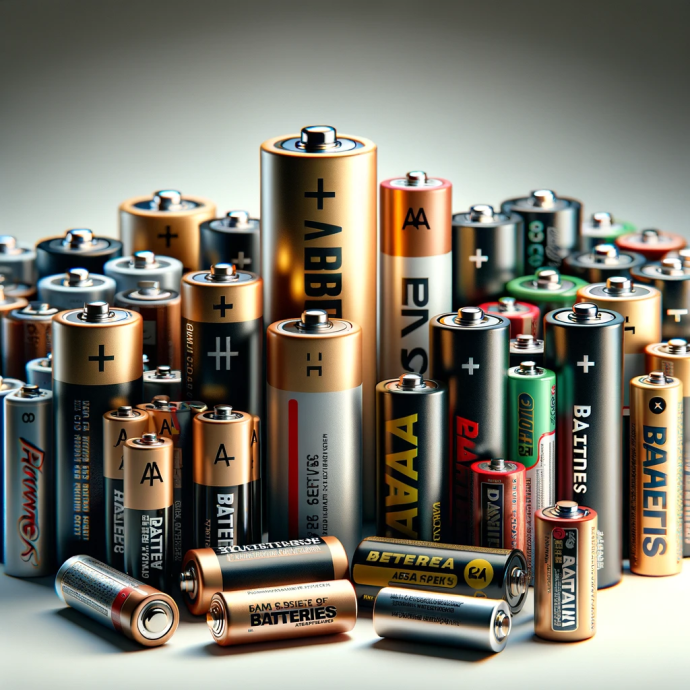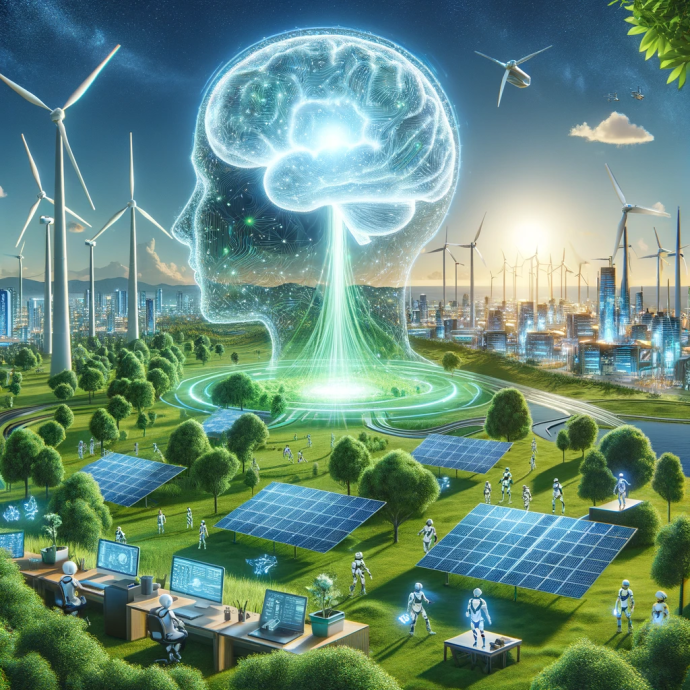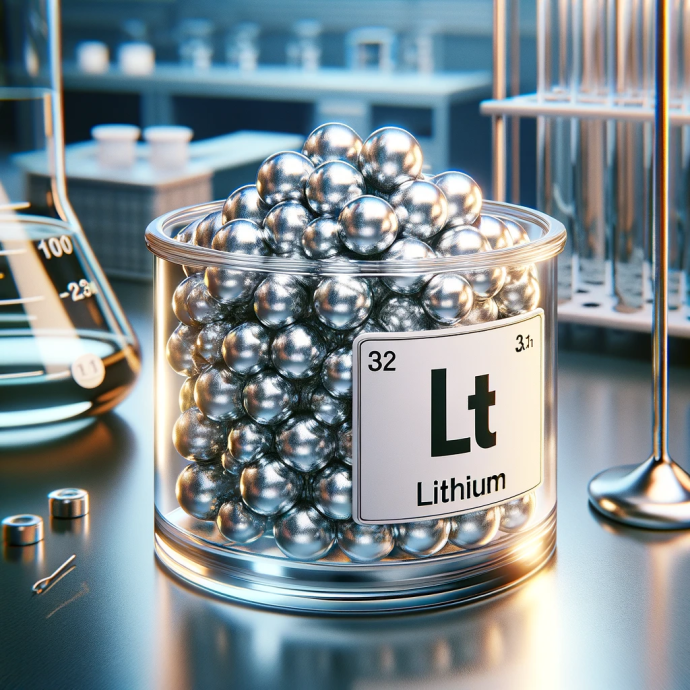AI's Remarkable Discovery of Batteries

In a generation wherein technological innovation is paramount, a groundbreaking discovery has emerged from the collaboration of Microsoft and the Pacific Northwest National Laboratory (PNNL). This splendid finding ought to herald a brand new dawn in battery technology, potentially decreasing our reliance on lithium, a critical but more and more scarce thing in current batteries.
The Birth of a New Material: AI's Role in Sustainable Energy

The Discovery: A Leap Forward
Imagine an international where the batteries powering our everyday lives require notably much less lithium. This isn't a far off dream but a tangible fact, way to the strength of artificial intelligence (AI) and supercomputing. Researchers from Microsoft and PNNL have exposed a new substance that might reduce lithium utilization in batteries by a remarkable 70%.
The Journey from Concept to Reality
The beauty of this discovery lies now not only in its capacity but also in the efficiency of its procedure. Microsoft researchers employed AI and supercomputers to sift via over 32 million capacity inorganic materials, narrowing them right down to 18 promising candidates below every week—a project that traditionally could have spanned over a long time!
The Urgent Need for Lithium Alternatives

Confronting the Lithium Challenge
Lithium, often dubbed «white gold,» is a cornerstone of rechargeable batteries, powering the whole thing from smartphones to electric powered automobiles (EVs). However, the soaring demand for this valuable metal, coupled with environmental worries surrounding its extraction, paints a concerning photograph. The International Energy Agency warns of a capacity lithium shortage by means of 2025, including urgency to the search for alternatives.
The extraction of lithium isn't always without its environmental toll. Large-scale mining consumes significant quantities of water and strength, leaving behind a scarred panorama and poisonous waste. This makes the hunt for a sustainable opportunity no longer only a technological venture but an environmental vital.
The Pioneers Behind the Innovation
At the heart of this scientific step forward is Microsoft's government vice president, Jason Zander, who envisions compressing 250 years of clinical discovery into a mere 25. This formidable purpose underlines the organisation's commitment to leveraging generation for multiplied clinical advancement.
PNNL's contribution to this project is helpful. Their understanding in battery generation combined with Microsoft's AI insights has expanded the improvement technique, bringing the idea of an operating battery prototype to fruition in less than 9 months.
A Closer Look at the AI-Driven Material: N2116

From Theory to Prototype
The newly located cloth, currently referred to as N2116, is a strong-country electrolyte. Its adventure from a raw fabric to a running prototype showcases the capacity of AI to revolutionize battery generation. Solid-state batteries, acknowledged for their safety in comparison to standard lithium batteries, may want to soon offer faster charging times and greater power density.
Expert Opinions: Balancing Excitement and Caution
While the invention has generated tons of excitement, professionals like Dr. Nuria Tapia-Ruiz from Imperial College London and Dr. Edward Brightman from the University of Strathclyde urge a balanced method. They emphasize the need for warning, underscoring the potential for AI to from time to time yield unexpected or unfeasible results.
The Future is Bright: What This Means for Sustainable Energy

This AI-derived leap forward promises more than simply a discount in lithium usage. It opens the door to a destiny in which batteries are greater sustainable, efficient, and environmentally pleasant. The implications for electric-powered vehicles, renewable energy storage, and everyday digital devices are large.
The success of this assignment is a testomony to the power of AI and supercomputing in accelerating clinical discovery. By enabling researchers to discover extensive datasets and simulate limitless scenarios, these technologies are reshaping the landscape of innovation.
In the end, the invention of this new cloth by using Microsoft and PNNL marks a sizable milestone within the quest for sustainable and green battery technology. As we stand at the brink of a new technology in power garage, the role of AI and supercomputing in using scientific breakthroughs cannot be overstated. This collaboration no longer best addresses the on-the-spot demanding situations of lithium scarcity but additionally paves the way for an extra sustainable future, reinforcing the perception that technology can certainly be a force for good in our world.

Become a part of digital history






Comments about AI's Remarkable Discovery of Batteries